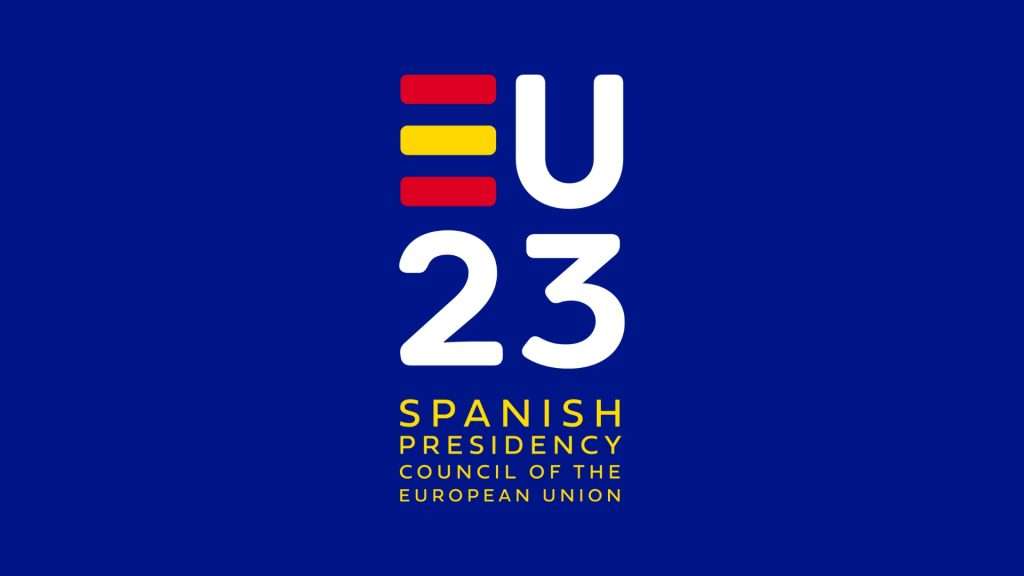Spain is set to assume the European Union (EU) presidency tomorrow (Saturday) for a six-month term amid a set of key challenges, mainly maintaining European unity. It is the fifth time for Spain to assume EU presidency from 1 July to 31 December and the last time was in 2010.
Spanish Prime Minister Pedro Sanchez will start the mission by visiting the Ukrainian capital, Kyiv on Saturday 493 days after the outbreak of the war in a clear-cut message of unwavering and relentless European support to Ukraine. The prime minister set four major priorities for his country’s EU presidency, notably reindustrializing the EU, making progress on ecological transition, social and economic justice and strengthening European unity.
During its six-month presidency, Spain will focus on EU unity and progress on integration as a priority amid growing uncertainty and geopolitical tensions, mainly continued backing to Ukraine in its war with Russia as well as its EU membership bid negotiations. Spanish Foreign Minister Jose Manuel Albares has recently presented Madrid’s roadmap for the presidency of the EU on July 1. He explained that his country’s term would be marked by the theme of “Europe Closer,” particularly in response to the ongoing Russian war.
He also underlined the significance of promoting the strategic space of Europe on the basis of shared values with its partners, particularly Latin America and the Caribbean, and consolidating dialogue with its southern neighbors. He added that his country would also seek to push forward key reforms regarding migration, asylum-seeking and economic governance, along with a greater deepening of the internal market, the completion of the banking union and the capital markets union.
In terms of strategic industries, the Spanish presidency is expected to work to attract new companies and jobs to Europe, in a context of geopolitical, technological and environmental changes that are an opportunity to reduce the EU’s excessive dependence on third countries in areas such as energy, health, digital technologies and food. The Spanish prime minister, however, stressed that it is essential to diversify trade relations and seek new alliances with countries in other regions, chiefly Latin America, and hammer out trade agreements in response to China’s growing role.
In this context, a high-level summit will be held between the 27 EU member states and Latin American and Caribbean countries in the Belgian capital, Brussels, between Jly17-18, in an event to which Madrid attaches much significance. On the other hand, he emphasized that curbing climate change and environmental degradation is a legal and moral obligation for Europeans, as well as an “immense opportunity” to reduce dependence on energy and raw materials, reduce energy bills, increase competitiveness and create jobs.
On social and economic justice, he suggested a 15 percent minimum tax to be levied on leading multinational companies in the EU in the light of surging inflation rates amid mounting inequity across the continent. To notch up all such goals, Madrid is set to play host to a series of meetings and gatherings in 25 cities during the coming six months.

